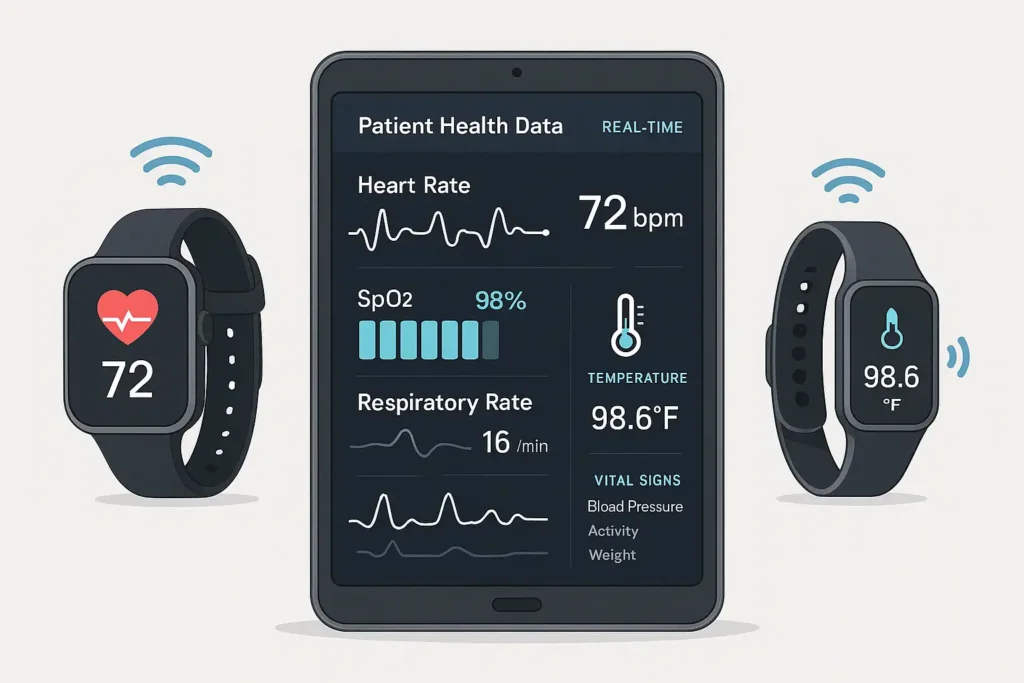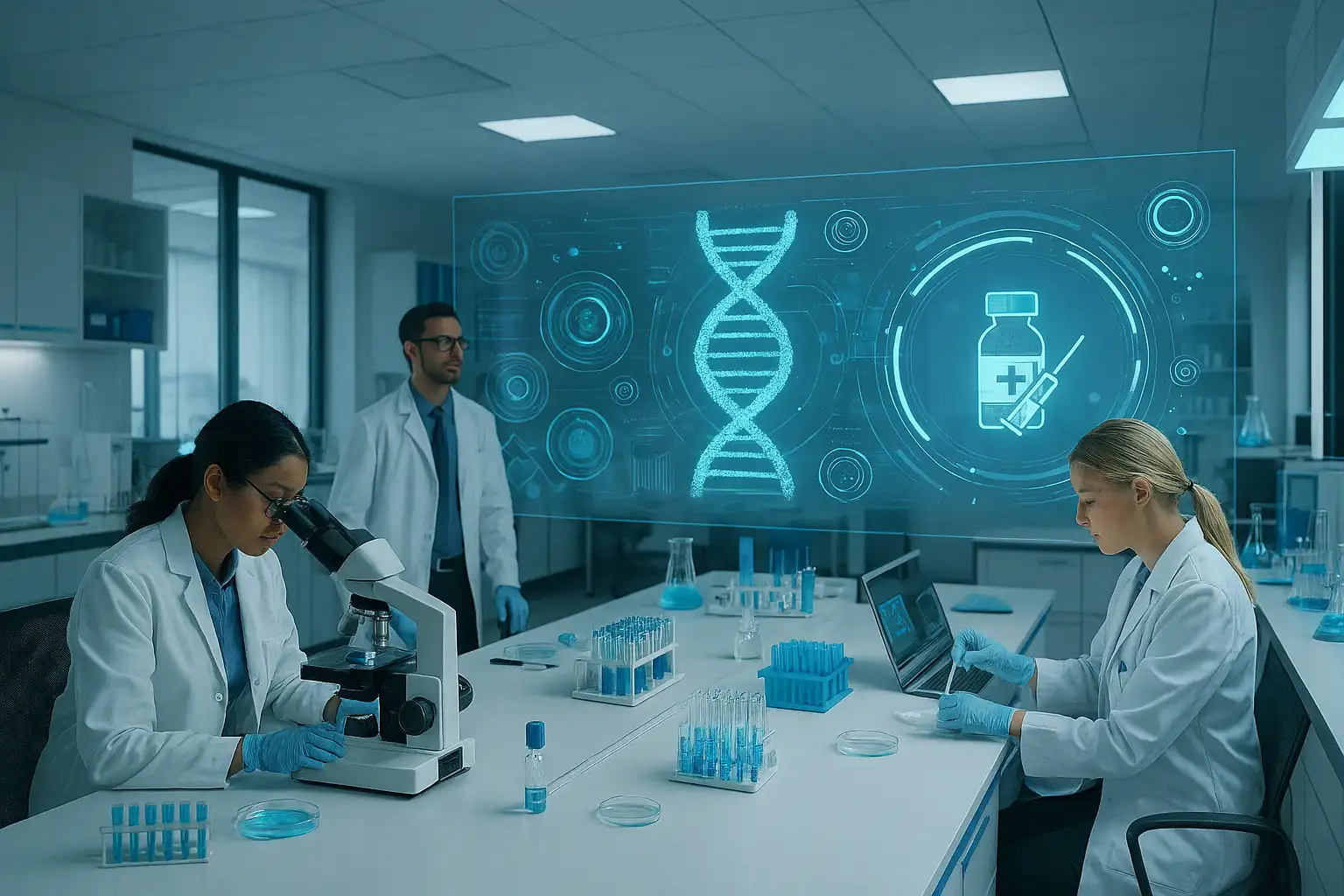Medical science continues to advance at a remarkable pace, and 2025 is already delivering notable progress in treatment, diagnostics, and digital health. Researchers around the world are moving fast, applying new tools and data to reshape how we approach healthcare.
Here are some of the most impactful developments making headlines in medical research this year.
Personalized vaccines go mainstream
What began as a niche approach in cancer therapy is now being applied to more common illnesses. Personalized vaccines—designed using a patient’s individual genetic markers—are showing promise beyond expectations.

Key areas of progress:
- RNA-based vaccines targeting specific mutations
- Early-stage development for autoimmune conditions
- AI-assisted prediction of individual immune responses
This breakthrough could redefine how we manage long-term health risks.
AI boosts diagnostic accuracy
Artificial intelligence is now a core part of clinical research and diagnostics. In 2025, machine learning models are helping detect rare diseases, identify cancer types earlier, and reduce diagnostic errors in hospitals.
What’s new:
- Real-time image analysis in radiology
- Natural language processing for medical records
- Hybrid systems combining AI with physician input for precision decisions
Hospitals using these tools report shorter wait times and improved outcomes.
Remote monitoring devices reach clinical levels
Wearable health tech is no longer just for step counts. This year, new FDA-approved remote monitoring devices are entering hospitals, homes, and even ambulances.

Current capabilities include:
- Continuous ECG, oxygen saturation, and respiratory rate
- Alerts for irregular readings and emergency escalation
- Integration with hospital data systems for seamless care
This expands access to high-quality monitoring far beyond the clinic.
Breakthroughs in neurodegenerative research
2025 is also shaping up to be a big year for brain health. New treatments targeting Alzheimer’s and Parkinson’s are entering mid-stage trials with encouraging results.
Developments to watch:
- Precision therapies targeting protein misfolding
- Genetic biomarkers for earlier diagnosis
- Brain-computer interface studies showing improved cognitive control
While there’s no definitive cure yet, these advances are moving us closer than ever before.
Health tech startups pushing innovation
The health innovation ecosystem is buzzing. Startups across the globe are introducing novel platforms for chronic care, mental health, and surgical robotics.

Notable trends include:
- Virtual clinics offering full remote care journeys
- Surgical robots that assist in micro-procedures
- Mental health apps backed by clinical trials
Funding in this space remains strong, especially for solutions that lower costs and expand access.
Where the future is heading
As 2025 unfolds, one thing is clear—healthcare innovation is accelerating across all fronts. What used to take decades is now moving in months, thanks to better tools, global collaboration, and smarter systems.
While challenges remain—from ethics in data use to global inequality in access—the momentum is undeniable. Patients, providers, and policymakers alike are watching closely as new treatments and technologies begin to reshape what’s possible in care.


